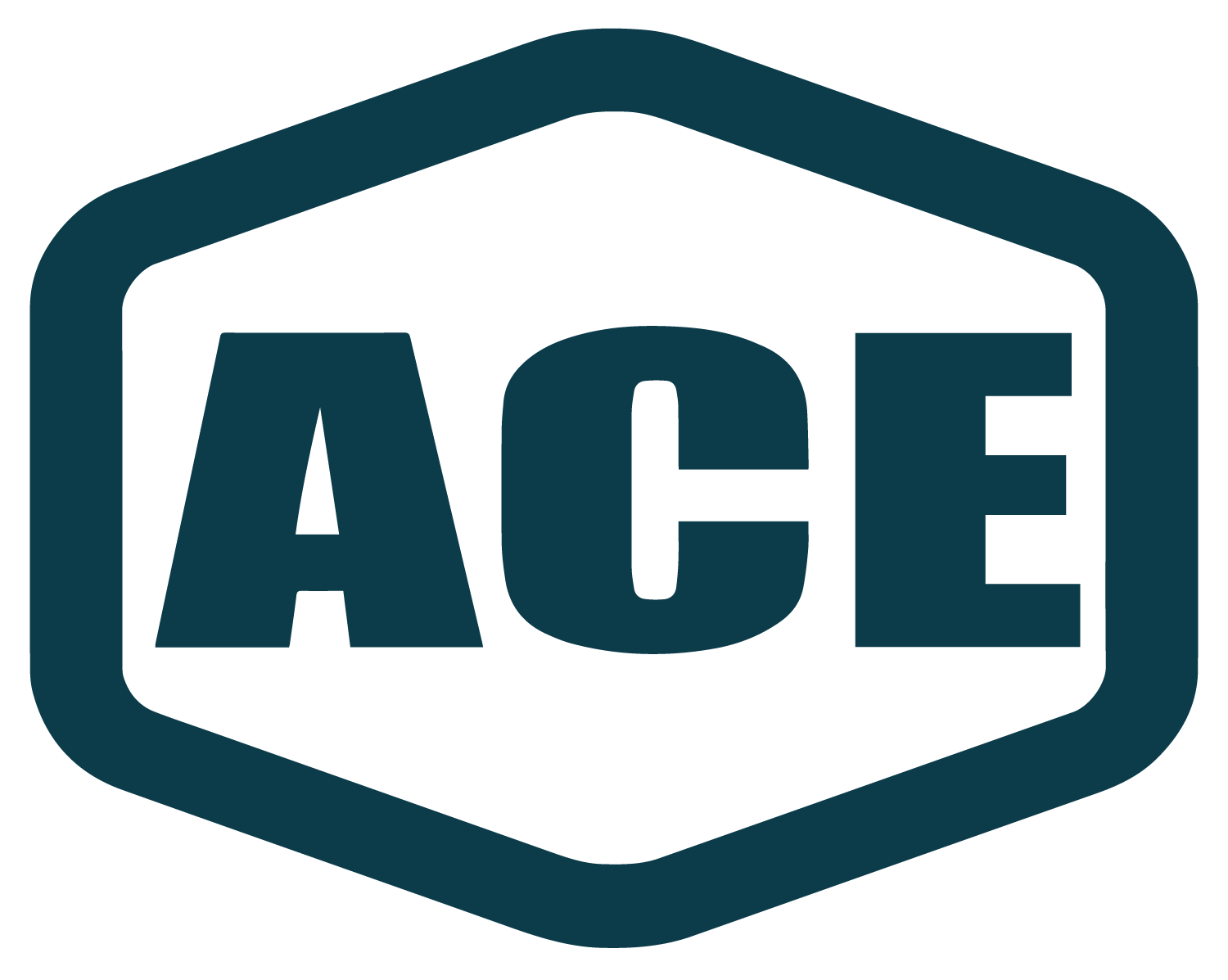CalARVC RV Park Day Features ADA Specialist
Campground operators in California are increasingly becoming the targets of discrimination lawsuits alleging their failure to comply with the Americans with Disabilities Act (ADA).
But, according to a release from the California Association of RV Parks and Campgrounds (CalARVC), park operators can proactively protect themselves from such complaints by hiring an independent certified access specialist to survey their park and file recommendations and plans for improvement with the California Department of Architects, according to Jason James of Temecula, Calif.-based MHRV ACE LLC.
James talked about the dangers of discrimination lawsuits during a March 28 presentation to nearly 90 park operators who attended the spring RV Park Day event at Calistoga RV Park in Calistoga, which was organized by CalARVC.
James’s presentation was both alarming and informative to park operators. He noted that the ADA was originally enacted in 1991 on the premise that no one should be denied access or services because of a disability.
“RV parks are considered transient lodging,” he said. “You are under the same standards that a hotel would be under. Your pool must be accessible, your dining room, your restrooms.”
James added, “There is no grandfather clause. It doesn’t matter when your park was built. You must comply with the 1991 standard or you risk a lawsuit.”
But James also noted that there is no government agency to enforce the ADA. “It is enforced only through litigation,” he said.
And the people filing lawsuits are attorneys who often don’t even set foot into your park. “Ninety percent of the lawsuits are drive-by lawsuits,” he said, meaning the attorney filing the lawsuit may not even be disabled and may not be a guest at your park. They may take photos, however, and base their complaint on easily visible issues, such as the number of handicapped parking spaces or signage.
Consequently, he said, it behooves park operators to take proactive measures to protect themselves.
“When you get served with a lawsuit, there is no warning shot,” James said. “You get served with a stack of papers and a demand. Most attorneys demand about $4,000 per infraction. They will itemize the heck out of it, even over signage.”
Typical lawsuits demand $40,000 to $60,000 in damages.
The cost to defend such suits is also expensive, typically costing about $7,500 to $10,000. However, park operators can protect themselves by hiring a certified access specialist to do a report on their property, and file it with the state Department of Architects.
“If you don’t hire a certified access specialist, the plaintiff will,” he said, noting that the report then becomes part of the negotiation.
James noted that having a report on file with the state entitles the park operator to an immediate 90-day stay of execution if they get sued. They also receive an early evaluation conference with a mediator who decides whether the lawsuit is valid.
The only other option, James said, is to fight the suit.
“Defendants are winning cases,” he said. “The judges hate these plaintiffs. They hate the attorneys that fight for these plaintiffs.”
But it’s not enough simply to obtain and file a report. Parks also need to make improvements to show they are making an effort to comply with the ADA. “If you don’t fix anything, they can sue you again,” he said.
Many ADA repairs involve bathrooms, acquiring swimming pool lifts, and signage.
James said it’s also worthwhile to parks to make ADA improvements because 20% of RVers are disabled. “The disability rate for RVers is three times the national disability rate,” he said.

